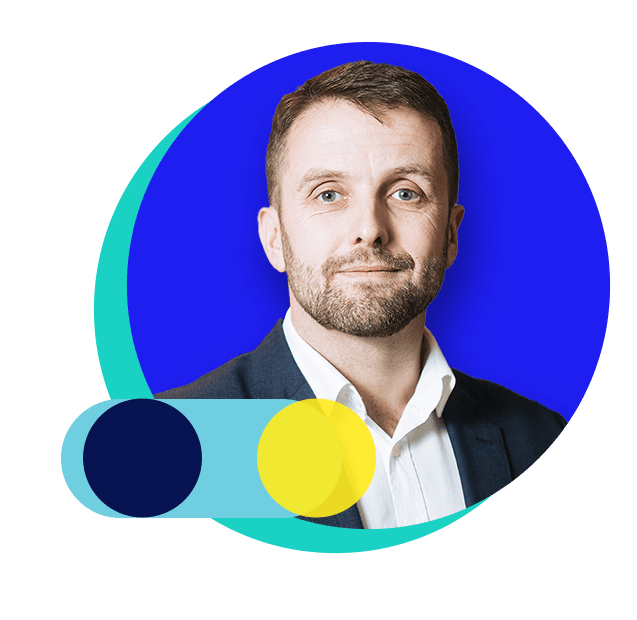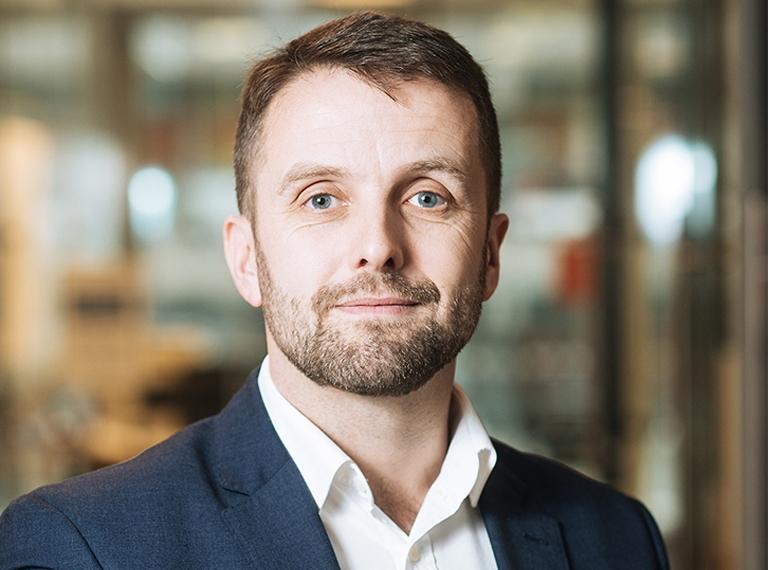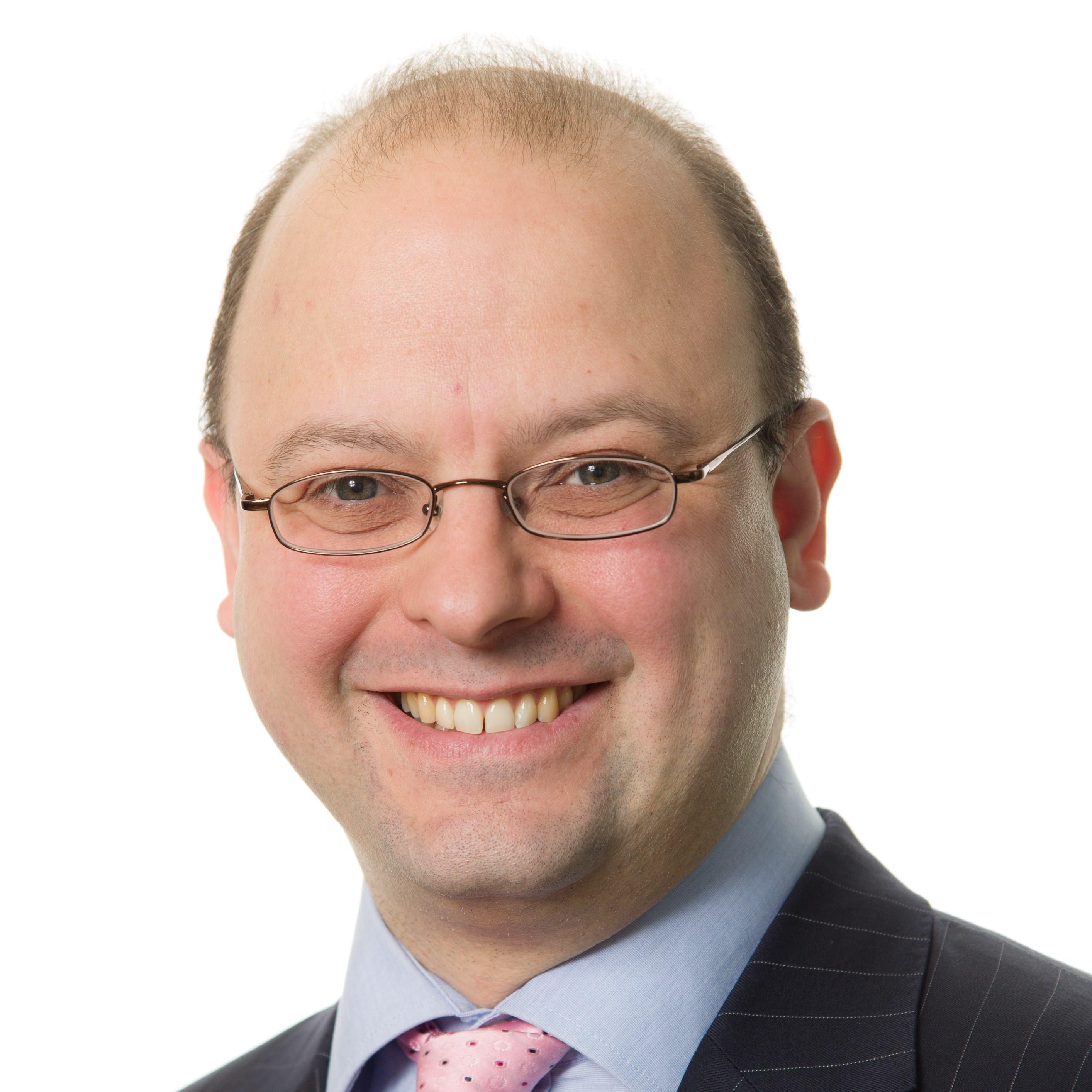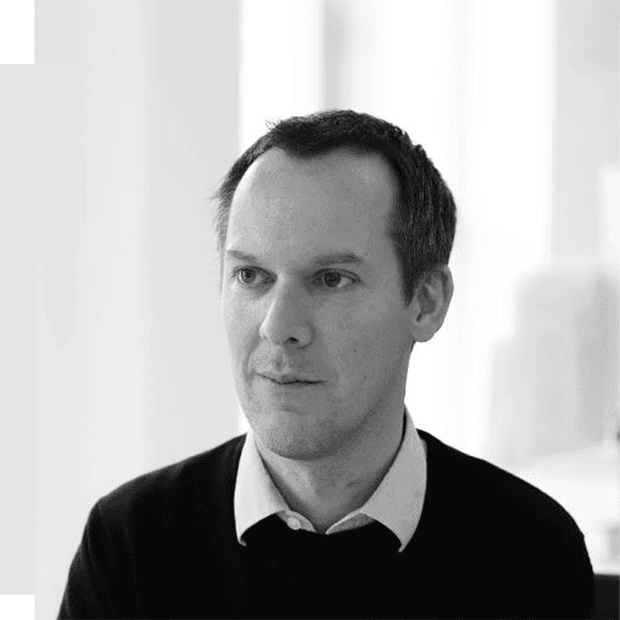
Barry Rees, CEO, Celvam Capital Limited
Q. Can you give us a brief introduction to your career background?
A. With a degree in aeronautical and astronautical engineering, I decided to improve my understanding of the financial world and joined the graduate scheme in PwC’s ‘corporate recovery’ practice. This was a fantastic early career foundation, with trading insolvencies offering amazingly diverse commercial experience while I gained an ACA qualification at the same time.
After some great years at PwC, I looked to add strategic turnaround skills to my financial and operational background by joining a boutique firm of strategy consultants. Through this role, I met the entrepreneurial founders of a prepaid international mobile virtual network operator, Lebara Mobile, with whom I eventually accepted a role that had no job description or title! I think that’s testament to the persuasive powers of entrepreneurs.
At Lebara, I held three main roles: I was group operations director, I managed all corporate mergers and acquisitions (resulting in a full Lebara Group sale), and I also divested and managed the personal funds of the Lebara founders into sectors other than telecoms. This side remit eventually became Celvam Capital, the family office of which I am CEO today.
The big questions
Q. What’s been your biggest success in your career?
A. I love delivering exceptionally difficult projects. Things are only difficult because we lack the knowledge, the skills or the time to turn “difficult” into “achievable”. I was fortunate to recognise this early in my career and my biggest success has been to acknowledge that a team with the right mix of knowledge, skills and time to deliver will always be successful given the right level of autonomy, tools and incentives.
Q. What has been the biggest challenge in your career?
A. Finding the right people to build the best teams. With our diverse portfolio of assets, by industry, geography and size, the definition of “best team” is not always the same. You have to be flexible to varying cultures and mindsets. You don’t always get it right, but it’s important to learn from each mistake.
Q. What has been the biggest regret of your career?
A. I don’t really have regrets. Regrets are for things not done or done badly. If you have delivered to the best of your ability then you should not have regrets, just learnings!
Q. What has been the biggest learning opportunity of your career?
A. After working in a structured environment, firstly as an aerospace engineer and then in professional services, it was a huge step-change to accept a role with the entrepreneurial founders of Lebara. I was lucky enough to be part of the Lebara journey, growing group revenue from EUR 180m in 2008 to over EUR 700m at exit in 2017.
Working in such a fast-paced environment requires a focus on the end goal and sometimes not the journey – an approach that is not always reconcilable for people from a pure corporate background. I loved the Lebara experience; it provided me with the opportunity to step away from the detail and focus on the big picture, while ensuring we always had an efficient foundation to maintain the business pace.
Q. Who have you learnt most from?
A. During Covid-19, I spent a lot of time working from home, as we all did, and my children took a real interest in what I spend my time doing. Children are great at asking “why?”. With that in mind, “why” is something we should ask ourselves more. If we understand why, can communicate why, and understand everyone’s “why” is different, we can create and motivate some great teams and deliver some great results.
Q. What's the biggest challenge in your marketplace at the moment?
A. Family offices [privately held companies that handle investment management and wealth management for wealthy families] often have wider mandates, a lower cost of capital and lower levels of governance than other classes of investors. As such, with the rising cost of financing, family offices are inundated with investment requests.
Filtering these requests to identify the quality opportunities is increasingly time consuming. When you add to this the number of pitches you receive from parties offering to filter the opportunities on your behalf, you reach one simple conclusion: make the mandate narrower and have the discipline to stick with that mandate. Anyone who has worked with true entrepreneurs will know this is easier said than done.
To be successful in the family office environment, you need some great stakeholder management skills.
Tips from the top
Q. What advice would you give to your younger self?
A. Never be afraid to leap! As mentioned earlier, regrets are for things we haven’t done.
Q. What advice would you give to an aspiring CEO?
A. You’re only as good as your team. Hire the right people and support and incentivise those people to deliver. If they succeed, you succeed.
Q. What do you think is key to managing a successful team?
A. When you have a successful team, you need to periodically change or supplement it. Everyone is different – seeing and thinking about things differently. If you have the same people doing the same thing for an extended period, that independent thinking and innovation disappears.
Recently we had a technology expertise gap in the established management team of one of our real estate businesses. We filled this gap with a 22-year-old history graduate who had an absolute love of technology. He solved a long-running technical problem within a few months of joining, at a fraction of the cost the management team envisaged.
Q. What's your top tip for managing work-life balance?
A. Don’t feel guilty. With flexible working now much more common, our work and personal lives are more intertwined than they have ever been. This means we may be taking work calls while on a school run. If business goals are still achieved, don’t feel guilty – just embrace it and make it work for you and your circumstances.
Future gazing
Q. How do you see the CEO role changing in the next five years?
A. A key role of a CEO is to plan/adapt and ensure the business is always well positioned for the future. This role will not change, but the past few years have proven that sometimes the future can change rapidly. CEOs who have the skills (and willingness) to adapt quickly will thrive.
Q. What technological advances do you foresee within your role?
A. With our diverse portfolio of assets, I’m sure we will be impacted by most technological advances. I’m personally taking a greater interest in artificial intelligence. The impact this will have on customer service centres, HR, sales and potentially all areas of business is huge, offering efficiency and cost savings across all areas.
Q. What do you see as the future of work in the UK?
A. Flexible working and flexible office environments have been with us since the middle of the 1990s but it’s only since 2010, with the advent of the WeWork offering, that it started to become more of an accepted office strategy – a movement that was accelerated from 2020 with Covid-19 as a catalyst.
The demand for flexible working will continue to grow but I think time in the office or at the desk will get back to somewhere near pre-pandemic levels. People at the start of their career trajectory need face time with colleagues to develop. Business leaders need face time with their teams to drive the best performance. I think there will be a gradual movement back to more people wanting to spend time in the office, perhaps a minimum of three or four days per week.
Love Mondays: at Reed we are on a mission to help everyone love their job
Q. What do you love most about your role and why?
A. The diversity of it all. One minute you are driving operational improvement in a global telco business, next you are looking at chairing the board of the largest London-focused serviced office company, or planning the refit of a South Indian hotel, or sitting on the board of a start-up tech business, or wondering what to do with a large land bank on the Russian border, or discussing the performance of a Sri Lankan seafood business.
Every day is different!
Q. What does your average Monday look like?
A. My Mondays, like every other day, start early. With several Asian-based businesses in our portfolio, the time difference (with some of the Indian businesses working Saturdays) means I often find myself playing catch-up first thing on a Monday, while juggling getting three kids out of the door to three different schools.
Mondays and Thursdays I work from home, while my wife heads into London. With the kids at school, I am back at my desk by 8:30am, where it is a European focus until the school pick-ups. Once the kids are home, I pick up our North American-based businesses. The time differences and flexible working lends itself rather well to family life.
If you are looking for a talented accountancy and finance professional for your business, or looking to find your next role, contact one of our specialist consultants today.



